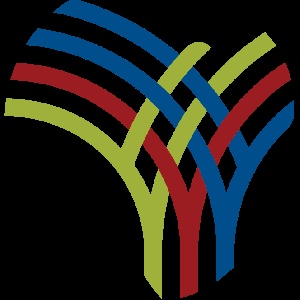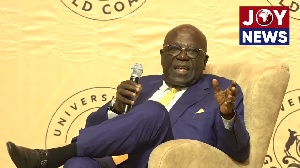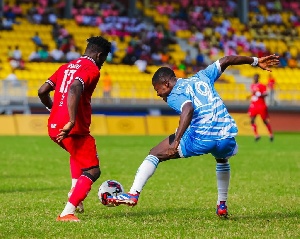Africa News of Friday, 4 April 2025
Source: www.ghanawebbers.com
Nigeria: Gavi-Funded Meningococcal Vaccines Arrive in Nigeria to Aid Outbreak Response
**Kebbi, Nigeria** – This week, Nigeria's Ministry of Health received over 1 million doses of the pentavalent meningococcal conjugate vaccine (Men5CV). This shipment comes from the Gavi-funded global stockpile. It aims to address the ongoing meningococcus C and W outbreak in northern Nigeria. The outbreak has already resulted in over 70 deaths and more than 800 cases across 23 states.
Seasonal outbreaks typically occur during the dry season, from December to June. These outbreaks peak between March and April due to low humidity and high dust levels. The initial vaccination campaign will target individuals aged 1-29 years, who are most affected. The campaign will start in Kebbi and Sokoto States, with plans to expand to Yobe State as more doses arrive.
Dr. Muhammad Ali Pate is Nigeria's Coordinating Minister of Health & Social Welfare. He stated that the arrival of Men5CV vaccines is a crucial milestone for Nigeria's response to this outbreak. He emphasized the government's commitment under President Bola Ahmed Tinubu’s agenda to protect all Nigerians, especially vulnerable children and young people. Dr. Pate thanked Gavi, WHO, and UNICEF for their support in deploying these vaccines quickly.
Gavi funds global stockpiles for vaccines against cholera, Ebola, meningitis, and yellow fever. These vaccines are available to all countries and support lower-income nations with procurement and delivery costs. The International Coordinating Group (ICG) manages the use of these stockpiles for outbreak responses. In March 2025, ICG approved over 1.5 million doses of Men5CV for Nigeria.
Francisco Luquero from Gavi noted that their support helped eliminate meningitis A from Africa's meningitis belt. Now they aim to combat other serogroups of this disease by 2030. Continued investment is essential to protect progress made so far and control future outbreaks.
Meningococcal meningitis infects the thin lining around the brain and spinal cord called the meninges. It is most common in Africa's "meningitis belt," which spans 26 countries from Senegal to Ethiopia, affecting about 500 million people at risk. Infants, children, and young adults are particularly vulnerable; one in four survivors may suffer permanent disabilities.
Cristian Munduate from UNICEF highlighted that every child deserves protection against life-threatening diseases like meningitis. The arrival of this vaccine is vital for stopping the current outbreak while safeguarding vulnerable populations in Nigeria.
WHO Country Representative Dr. Walter Kazadi Mulombo stated that Men5CV provides a much-needed boost in combating this outbreak. He emphasized that its journey involved collaboration among various partners including WHO and Gavi.
Over time, Gavi has supported vaccination campaigns against meningitis A for over 400 million children up to age 29 in Africa. Since 2017, no new cases of meningitis A have been reported due to these efforts.
The Men5CV vaccine was approved by WHO in 2023 as a significant advancement for high-risk countries within Africa’s meningitis belt. It protects against five major serogroups of bacteria causing meningitis.
Since 2024, Gavi has assisted countries with deploying Men5CV for both outbreak responses and routine immunization efforts aimed at preventing future outbreaks by switching from MenACV to Men5CV by late 2025.
As of late 2024, the global stockpile had been accessed by 16 countries since its inception in 2009 with over 34 million doses deployed worldwide.
**About Gavi**:
Gavi is a public-private partnership dedicated to vaccinating children against deadly diseases globally. It collaborates with governments, WHO, UNICEF, civil society organizations, private sector partners like the Gates Foundation, and others.
Since its founding in 2000, Gavi has immunized over 1 billion children worldwide while preventing millions of deaths.
Gavi focuses on improving health security through funding global vaccine stockpiles while aiming to reach zero-dose children who have not received any vaccinations.
For more information about Gavi’s work visit www.gavi.org or connect on social media platforms like Facebook or X (Twitter).











